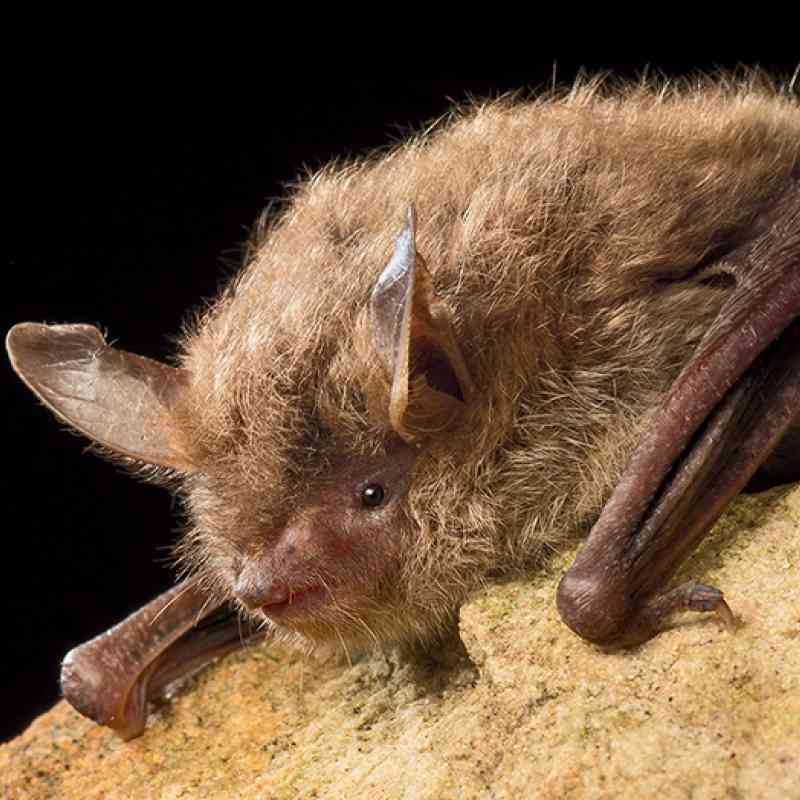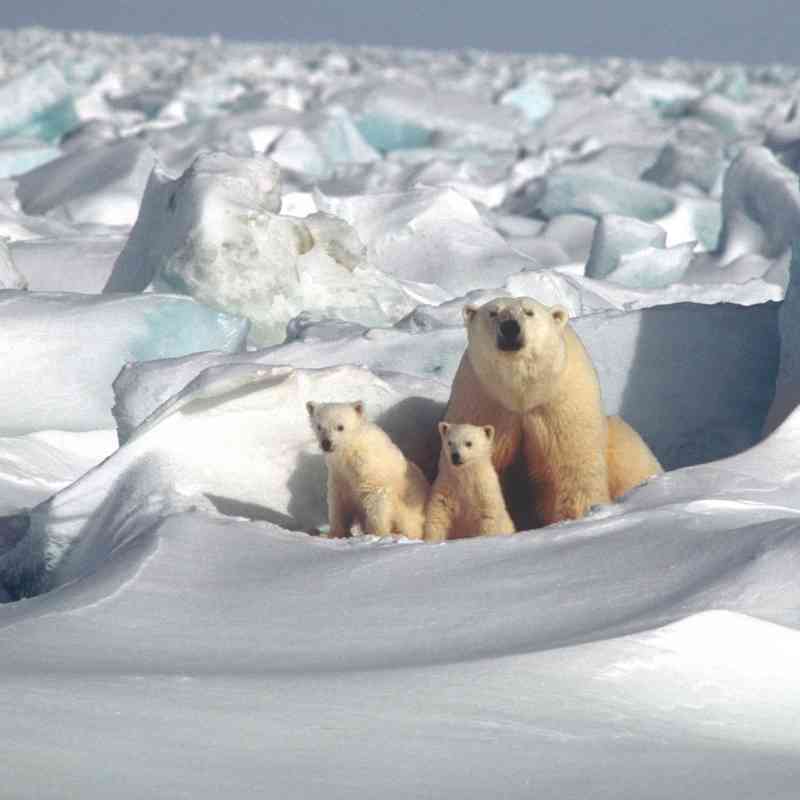FOR IMMEDIATE RELEASE
Date: October 14, 2014
Contact: Melanie Gade: mgade@defenders.org; (202) 772-0288
Defenders of Wildlife Takes Feds to Court for Not Protecting Wolverines
WASHINGTON – Defenders of Wildlife today announced it has taken legal action against the U.S. Fish and Wildlife Service (the Service) for the agency’s decision not to list the wolverine under the Endangered Species Act (ESA).
Although the Service proposed to list wolverines in the lower-48 states as “threatened” in 2013 citing a primary threat of reduced habitat and range from climate change, the agency’s August 12, 2014 rule said wolverines do not warrant a listing due to uncertainty about the effects of climate change on the animals, a claim disputed by Defenders of Wildlife.
Michael Senatore, attorney for Defenders of Wildlife, issued the following statement:
“The Service’s decision is contrary to the recommendations of the agency’s own field biologists and the best available scientific data which indicates that climate change is exacerbating existing serious threats to the species’ survival in the lower-48 states.”
“With only an estimated 300 animals left in the lower-48 states, and substantial scientific evidence indicating that the species’ habitat will diminish due to the effects of climate change, the wolverine clearly warrants protection under the Endangered Species Act.
Background: Wolverines have one of the lowest successful reproductive rates known to mammals. Scientists estimate the effective population size – the portion of the population that contributes to future generations and thus a measure of the population’s genetic health in the Lower-48 to be 35. Wolverines are rare, wide-ranging members of the weasel family that exist in high-altitude mountain ranges. They are found primarily in Montana, Idaho, Wyoming and north-central Washington. Individuals have been recently photographed in Utah, Colorado and California but these are not breeding populations.
Wolverines were denied federal protection under the Bush administration twice. The Obama administration delayed action for wolverines in 2010, saying that other imperiled species took precedence.
On February 4, 2013, the Service proposed to list the wolverine in the Lower-48 as threatened, citing the likelihood of habitat loss caused by climate change as a primary threat to the species. The Service also found that the species was threatened by trapping and its small effective population size – the portion of the population that contributes to future generations and thus a measure of the population’s genetic health – when considered in concert with the impacts of climate change. In February 2014 the Service delayed the final decision by six months to address concerns from states including Idaho, Montana, Wyoming and New Mexico. On August 12, 2014 the Service revised its earlier recommendation to list the species and denied protections for the rare wolverine under the ESA.
Click to hear from environmental attorneys on why they sue.
###
Defenders of Wildlife is dedicated to the protection of all native animals and plants in their natural communities. With more than 1.1 million members and activists, Defenders of Wildlife is a leading advocate for innovative solutions to safeguard our wildlife heritage for generations to come. For more information, visit www.defenders.org and follow us on Twitter @DefendersNews.
Defenders of Wildlife is celebrating 75 years of protecting all native animals and plants in their natural communities. With a nationwide network of nearly 2.2 million members and activists, Defenders of Wildlife is a leading advocate for innovative solutions to safeguard our wildlife heritage for generations to come. For more information, visit defenders.org/newsroom and follow us on Twitter @Defenders.

